We may earn money or products from the companies mentioned in this post. This means if you click on the link and purchase the item, I will receive a small commission at no extra cost to you ... you're just helping re-supply our family's travel fund.
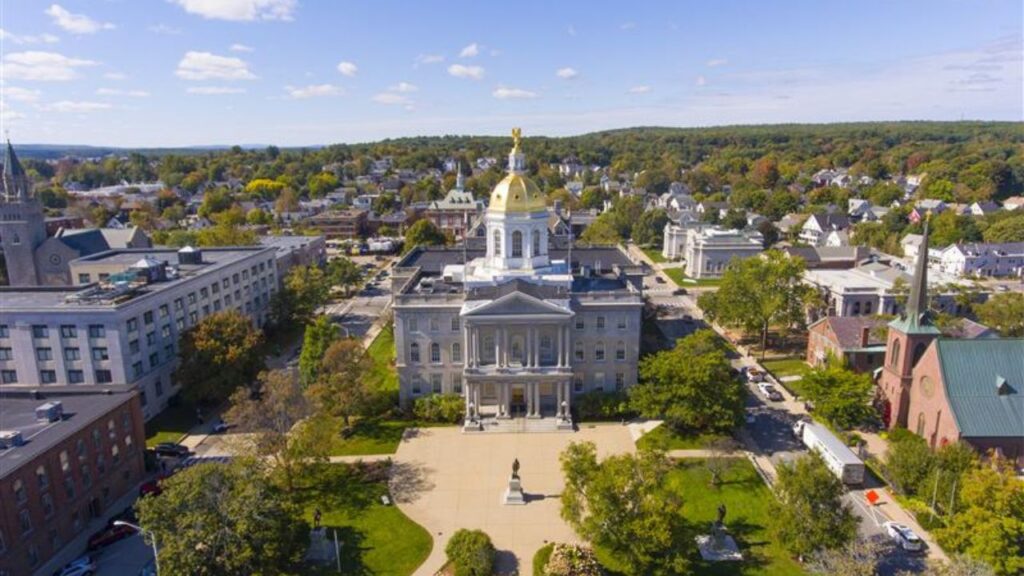
In America, there is no single answer to the simple question, “Can I drink this here?” The country’s approach to alcohol is a patchwork quilt of laws and customs, stitched together from centuries of differing local values. These rules are more than just legal quirks; they are a window into the soul of a place, revealing its history, its priorities, and its unique personality. To travel with awareness is to understand these local rhythms, ensuring your journey is as respectful as it is memorable.
1. The Las Vegas Way: Anything Goes, Almost
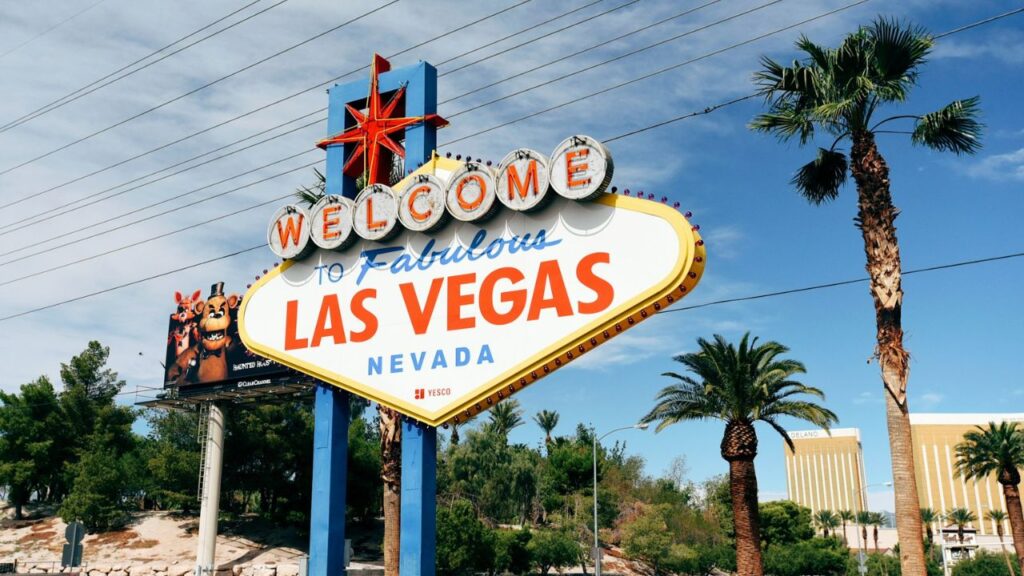
The spirit of freewheeling liberty is coded into Nevada’s DNA. In tourist hubs like the Las Vegas Strip, you can famously carry an open container and purchase alcohol 24 hours a day. The state leaves most regulation to local counties, reflecting a hands-off approach that fuels the city’s identity as an adult playground. It’s a culture of ultimate convenience designed to ensure the spectacle never has to pause, but always remember to enjoy it responsibly.
2. The To-Go Cocktail Culture in New Orleans
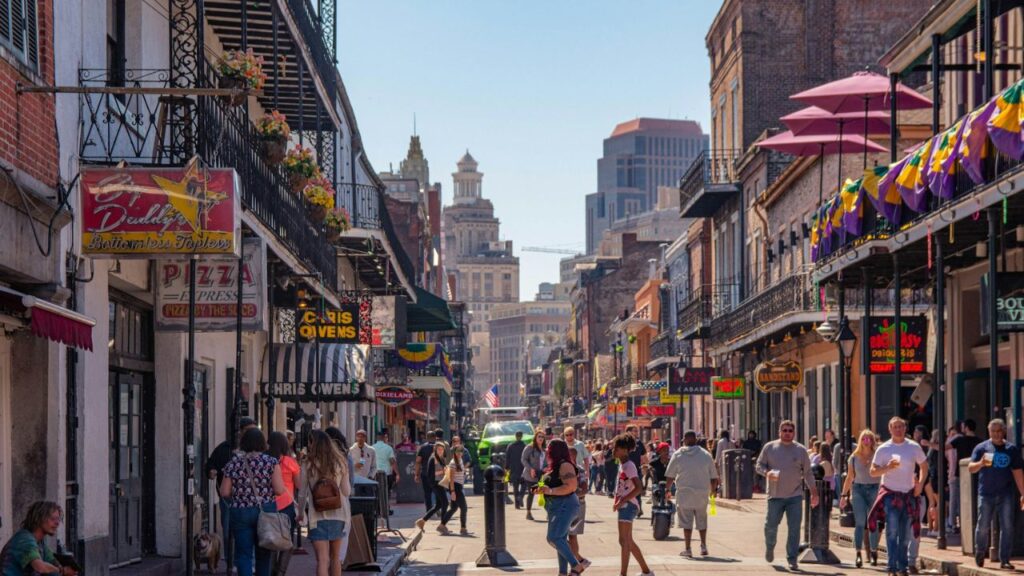
Wandering the historic streets of the French Quarter with a “go-cup” in hand is a quintessential New Orleans experience. The city’s famously permissive attitude allows for public consumption of alcohol, so long as it’s not in a glass container. This tradition isn’t just for tourists; it’s an integral part of the local culture of celebration and street-level community, from spontaneous second-line parades to languid afternoon strolls.
3. A Family Affair in Wisconsin and Texas
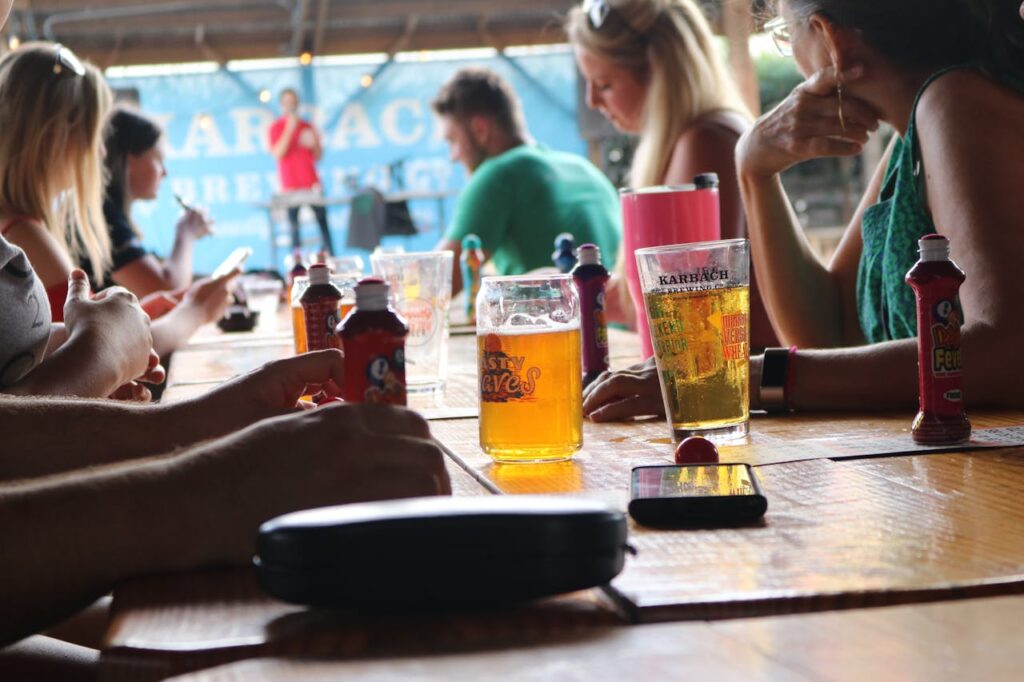
In a surprising twist for many travelers, states like Wisconsin and Texas permit minors to consume alcohol in a bar or restaurant. The key condition is that they must be in the presence of a parent, legal guardian, or spouse of legal drinking age who is providing the drink. This law often reflects a cultural belief that responsible drinking habits are best taught within the family unit rather than through strict prohibition.
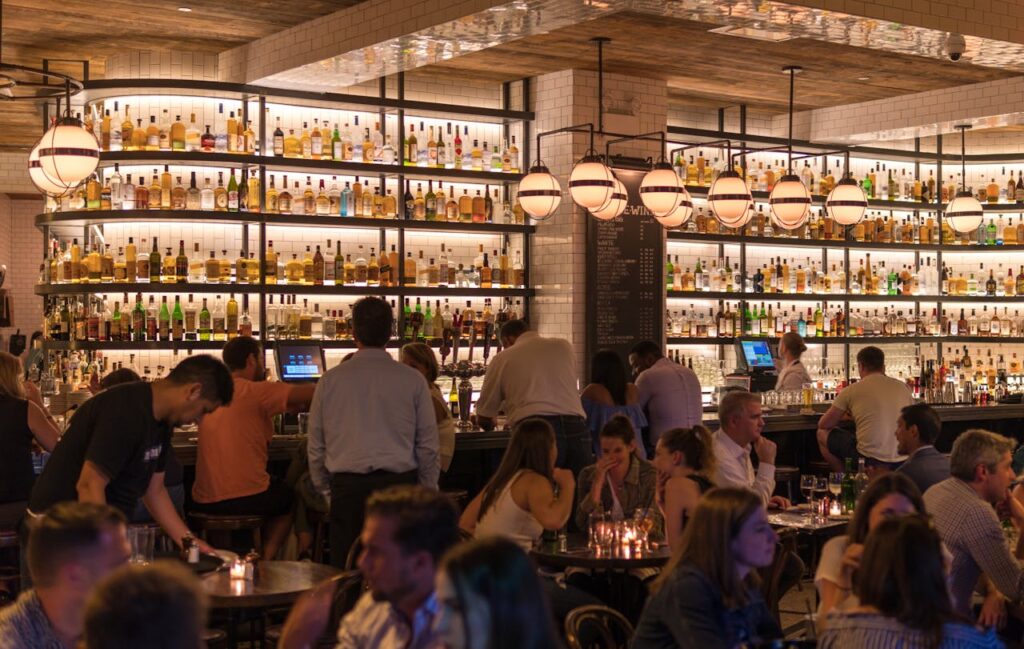
4. The Sunday Slowdown in the South
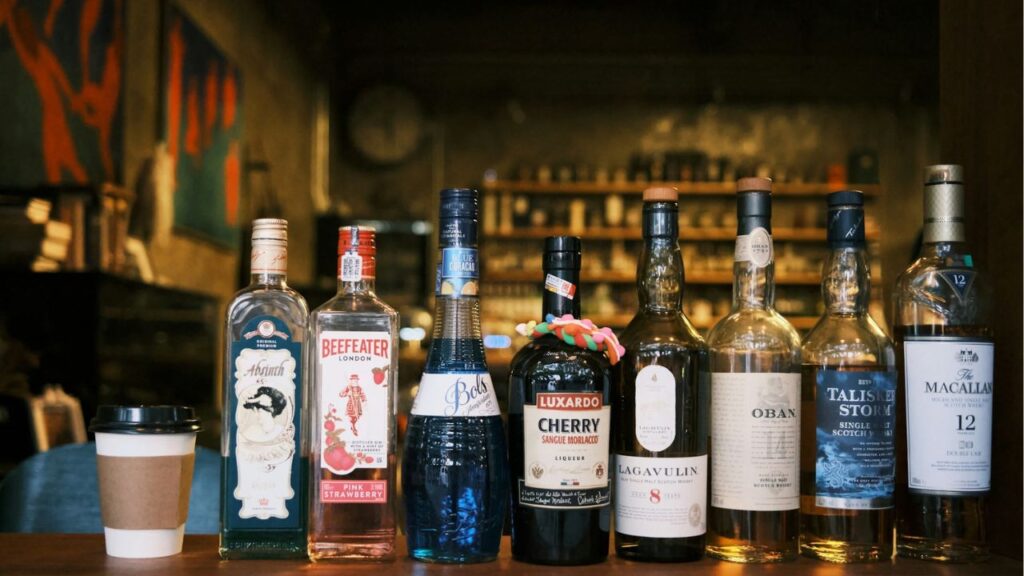
In many parts of the U.S., particularly in the South, “Blue Laws” still influence modern life. These regulations, rooted in religious tradition, often restrict or completely ban the sale of alcohol on Sundays. While some cities and counties have relaxed these rules, you may still find liquor stores closed or restaurants unable to serve alcohol until a certain time of day. It’s a living piece of history that encourages a slower, quieter pace one day a week.
5. Utah’s Meticulous Measurements
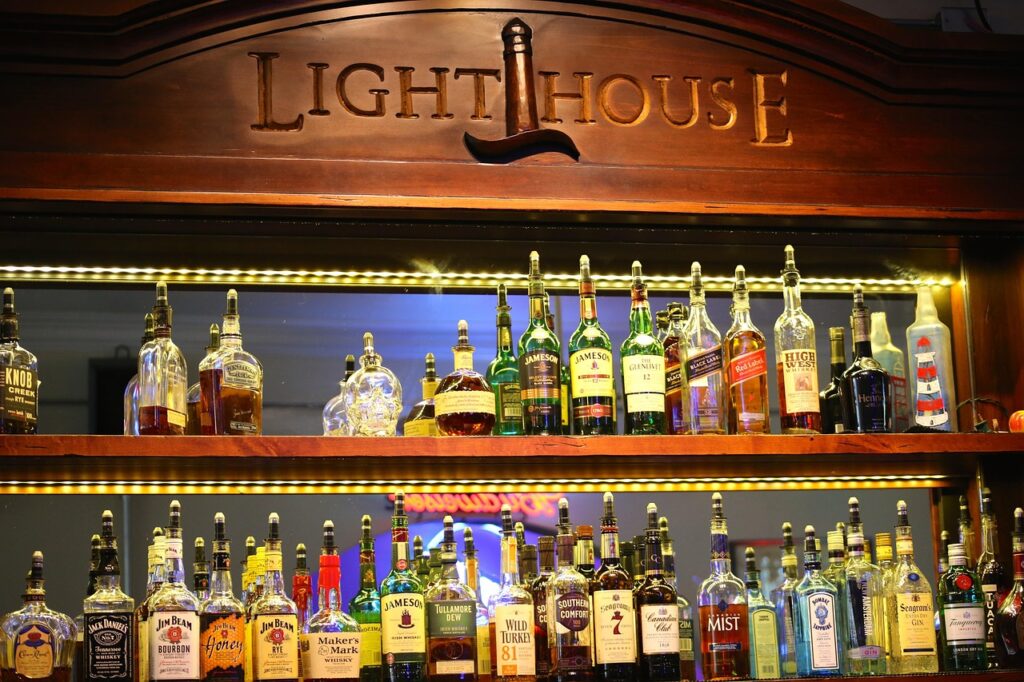
Utah’s approach to alcohol is among the most precise in the nation, reflecting the state’s deep-rooted history. Bartenders are required to use a metered dispensing system to pour an exact 1.5-ounce shot of primary liquor into any mixed drink. This attention to detail and control is a fascinating cultural contrast to the free-pour spirit found elsewhere, offering a glimpse into the state’s focus on moderation and order.
6. The Post-Pandemic Carryout Cocktail
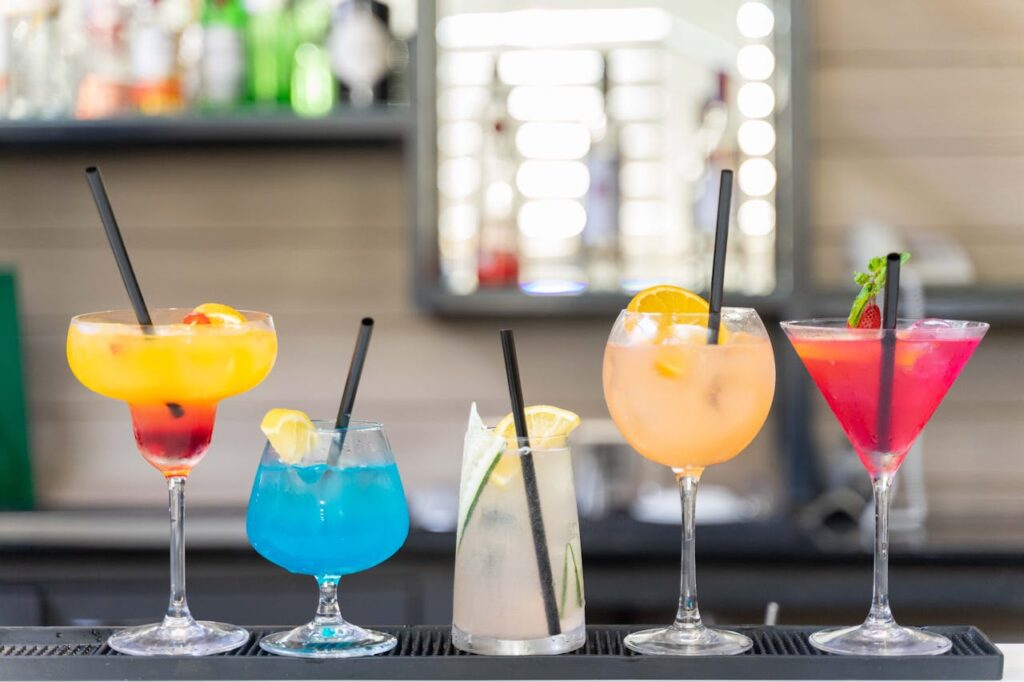
One lasting legacy of the pandemic is the rise of the carryout cocktail. States like Indiana and Missouri have made this flexibility permanent, allowing you to take home sealed mixed drinks with your takeout order. This modern convenience has reshaped the dining experience, offering a new revenue stream for restaurants and a new way for you to enjoy a craft cocktail from the comfort of your own space. It’s a taste of your favorite bar, brought home.
7. No Free Drinks in Maine
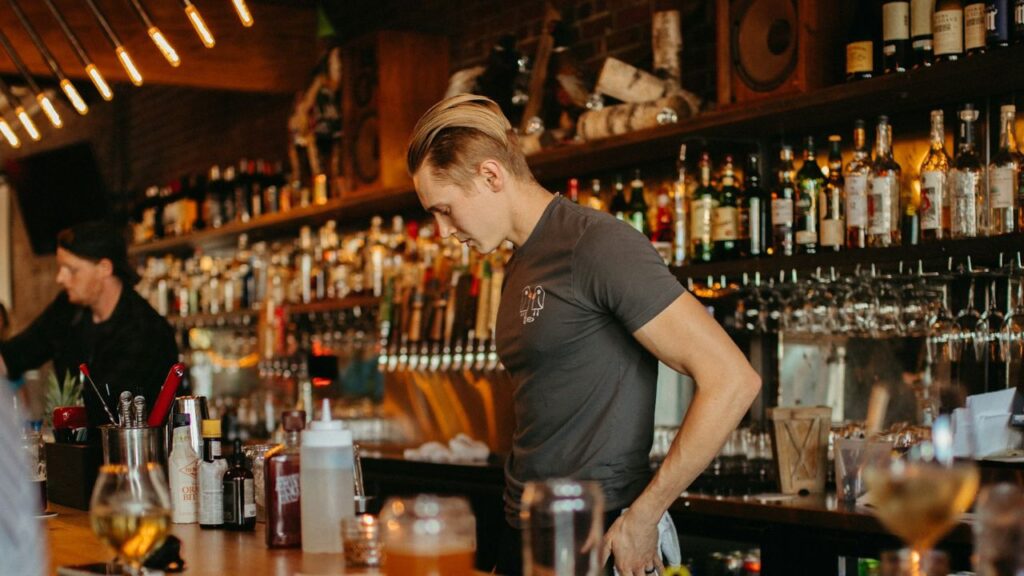
If you’re traveling in Maine, don’t expect to find a “buy one, get one free” drink special. The state strictly prohibits giving away free alcohol as part of any promotion, contest, or raffle. This law aims to encourage responsible consumption by ensuring every drink is accounted for. It’s a subtle but significant rule that prioritizes public health over marketing gimmicks, shaping the way local establishments promote their offerings.
8. Arizona’s Happy Hour with a Catch
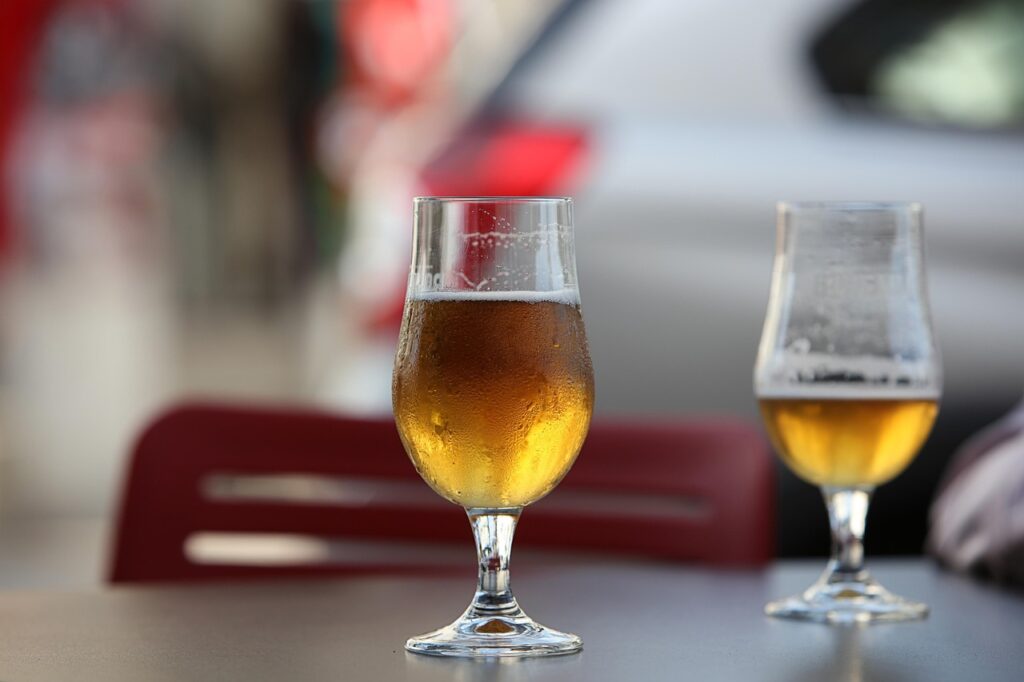
While happy hour is a beloved tradition in Arizona, it comes with a specific rule: bartenders cannot serve a person more than one drink at a time. This means those “two-for-one” deals or “a beer and a shot” specials are off the table. The law is designed to pace consumption and prevent over-serving, ensuring that the convivial spirit of happy hour doesn’t get out of hand. It’s a small tweak that makes a big difference in the flow of the evening.
9. The State-Run Stores of New Hampshire
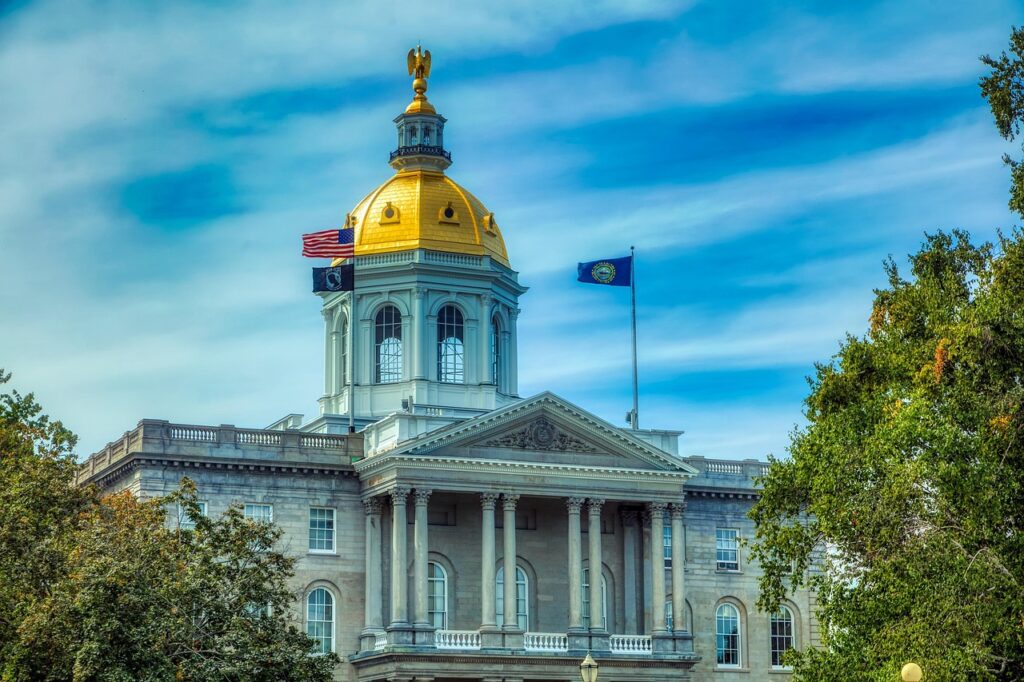
In New Hampshire, you won’t find liquor at the grocery store. All spirits are sold through state-run outlets, a system that gives the government complete control over sales. The major perk for travelers, however, is that this liquor is untaxed at the point of sale. This makes the state a popular destination for visitors from neighboring states looking to stock up on their favorite bottles at a significantly lower price.
10. Tennessee’s One-Drink-at-a-Time Rule

When the night gets late in Tennessee, the drink orders slow down by law. State regulations prohibit serving a single person multiple drinks at once after 10 p.m. So, if you were planning on ordering a final round with a beer and a whiskey for yourself, you’ll have to choose one. It’s a specific rule aimed at curbing late-night overconsumption and ensuring the vibrant energy of Nashville’s music scene stays safe and positive.
11. The Food-to-Liquor Ratio in Virginia

Ever wonder why your favorite Virginia cocktail bar also happens to have a fantastic food menu? It might be by design. In Virginia, establishments with a mixed beverage license must demonstrate that at least 45% of their total revenue comes from the sale of food. This law encourages a culture where drinking is paired with dining, positioning bars as restaurants first and foremost.